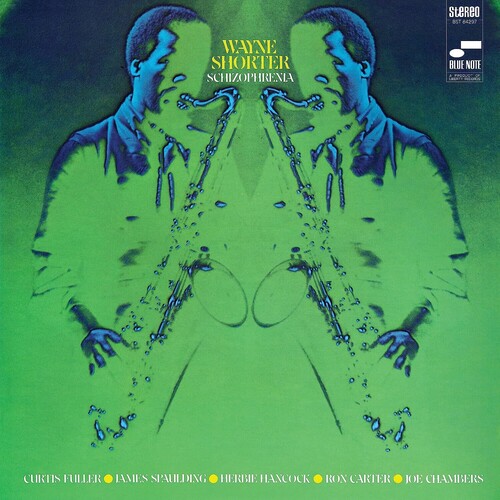Blue Note 85
Norah Jones’ seminal debut album, Come Away With Me, became a global phenomenon reaching #1 in 20 countries, selling nearly 30 million copies, and sweeping the 2003 GRAMMY Awards with 8 wins including Album of the Year, Record of the Year, Song of the Year, and Best New Artist. The remastered 20th Anniversary Edition captures the emergence of a singular talent on this now-classic album.
Norah Jones’ seventh solo studio album Pick Me Up Off The Floor features collaborators from Brian Blade to Jeff Tweedy, and grew out of her acclaimed singles series of the past 2 years as the songs she hadn’t yet released unexpectedly congealed into an album of tremendous depth and beauty connected by the sly groove of her piano trios, lyrics that confront loss and portend hope, and a mood that leans into darkness before ultimately finding the light.

On April 12, nine-time GRAMMY-winning singer-songwriter Norah Jones is releasing Begin Again, a collection of singles that gathers seven eclectic songs that Jones has recorded over the past year with collaborators including Jeff Tweedy and Thomas Bartlett. Begin Again will be released on 12” vinyl, CD, and as a digital album and features the new song “Just a Little Bit,” which was produced by Jones and features her on vocals, piano, and organ along with Brian Blade on drums, Christopher Thomas on bass, Dave Guy on trumpet, and Leon Michels on tenor saxophone. The singles Jones began releasing last summer ran the gamut from riveting electronic experiments to starkly acoustic folk ballads to organ-and-horn drenched soul songs. With the addition of three more previously unreleased songs, Begin Again presents seven snapshots of creativity from one of the music world’s most versatile and consistently intriguing artists.
Coleman shook the jazz world when he arrived at the Five Spot Café in New York City in 1959 and began his run of seminal albums on Atlantic that laid the foundation for the free jazz movement to come. After a period of disillusionment during which he withdrew from public music making, Coleman re-emerged on Blue Note in 1966 and began writing an intriguing new chapter of his legendary career.
"I have been an Ornette Coleman fanatic going back to the late-60s, in fact going back to the time the records in this set were originally recorded for Blue Note," says Harley. "Turns out Don Was is as big an Ornette fan as me, so it was only a matter of time before we put our heads together to plan this boxset. I love those early records Ornette did for Atlantic. who doesn't? But I feel that Ornette's later recordings for Blue Note are every bit as vital and important to gain a more complete understanding
"It is true that the most shattering of his wails could wake the proverbial dead," writes Conrad in his essay. "But something happened to Coleman's tone while he was woodshedding those two years. In the Golden Circle it is still penetrating but more pure. His cries are even more vocal, more human. His control of microtones provides new resources of expression. He can now make the same note sound ecstatic or despairing or anywhere in between, through microtonal nuance."
At The `Golden Circle' Stockholm, Vol. 1 (1965)
At The `Golden Circle' Stockholm, Vol. 2 (1965)
In late 1965, Coleman embarked on his first tour of Europe with a new trio featuring David Izenzon on bass and Charles Moffett on drums. Two nights of the trio's two-week engagement at the Golden Circle (Gyllene Cirkeln) in Stockholm, Sweden were recorded and released across two volumes the following year. The freewheeling live sets were electrifying and found the saxophonist jumping off into sound explorations on the violin and trumpet as well.
The Empty Foxhole (1966)
Coleman's first studio recording for Blue Note was his first studio album in four years and he once again confounded expectations by selecting his 10-year-old son Denardo Coleman to play drums on the date alongside bassist Charlie Haden. The music is raw and exploratory with solemn ruminations and bursts of unbridled joy. The striking album cover features a painting by Ornette himself.
New And Old Gospel (1967)
Coleman's next appearance on a Blue Note album came in a rare sideman role on this explosive session led by alto saxophonist Jackie McLean. McLean had already waded into the avant-garde on prior Blue Note dates like One Step Beyond and Destination. Out!, but he went even deeper here with Coleman featured entirely on trumpet along with LaMont Johnson on piano, Scott Holt on bass, and Billy Higgins on drums. Following an extended suite by McLean on Side 1, the second half of the program featured two Coleman c
New York Is Now! (1968)
Love Call (1968)
On April 29 and May 7, 1968, Coleman brought a dynamic quartet with tenor saxophonist Dewey Redman, bassist Jimmy Garrison, and drummer Elvin Jones into the studio to record what would yield his final two albums for Blue Note. The alchemy of this group, which combined Coleman's first-time two-saxophone pairing with a rhythm team deeply associated with John Coltrane, produced thrilling results.
BLUE NOTE RECORDS - ROUND TRIP - THE COMPLETE ORNETTE COLEMAN
Sonny Clark, one of the finest pianists and composers of the hard cop era, arrived fully formed on his supremely swinging 1957 Blue Note debut, Dial "S" for Sonny. Clark assembled a top-flight sextet for the occasion with Art Farmer (trumpet), Chris Fuller (trombone), Hank Mobley (tenor saxophone), Wilbur Ware (bass), and Louis Hayes (drums). Blue Note Classic Vinyl Series is all-analog, mastered by Kevin Gray from the original master tapes, and pressed on 180-gram vinyl at Optimal.
Limited 180gm vinyl LP pressing in gatefold jacket. What happens when you combine Stanley Turrentine's blues-drenched tenor saxophone with Les McCann's soulful, funky piano? You end up with one of their best albums, considered to be a foundational session of soul jazz. They are joined by bassist Herbie Lewis and drummer Otis "Candy" Finch. With standout tracks "Smile, Stacey," the deep blue groove "Soft Pedal Blues" and "Light Blue."
Stanley Turrentine is at his blues-drenched best on Comin' Your Way. This 1961 session features the magnificent rhythm section of the Horace Parlan Trio (Horace Parlan, George Trucker & Al Harewood) at the peak of their collective power. Also featured is Tommy Turrentine on trumpet, contributing his strong Fats Navarro influence. Part of the Blue Note Tone Poet Audiophile Vinyl Reissue Series, this 180g vinyl features all-analog, remastered audio in deluxe gatefold packaging.
The Waiting Game was the unsung tenor saxophonist Tina Brooks' final album, recorded in 1961 and released in `99. Joined here by Johnny Coles (trumpet), Kenny Drew (piano), Wilbur Ware (bass) & Philly Joe Jones (drums). Brooks penned five tracks, showcasing his unique compositional talent. Highlights include the opener "Talkin' About" and the modal masterpieces "Dhyana" and "David the King." Blue Note Tone Poet Series features all-analog, remastered 180-gram vinyl in deluxe gatefold packaging.
The All Seeing Eye is Wayne Shorter's brilliant and multi-layered album for Blue Note. His goal was to use "a wider range of colors and textures" while continuing his explorations of "life and the universe and God." Joining Shorter are Freddie Hubbard, Grachan Moncur III, James Spaulding, Herbie Hancock, Ron Carter, Joe Chambers, and Wayne's brother Alan Shorter on flugelhorn. The Blue Note Tone Poet Series features all-analog, remastered 180-gram vinyl in deluxe gatefold packaging.

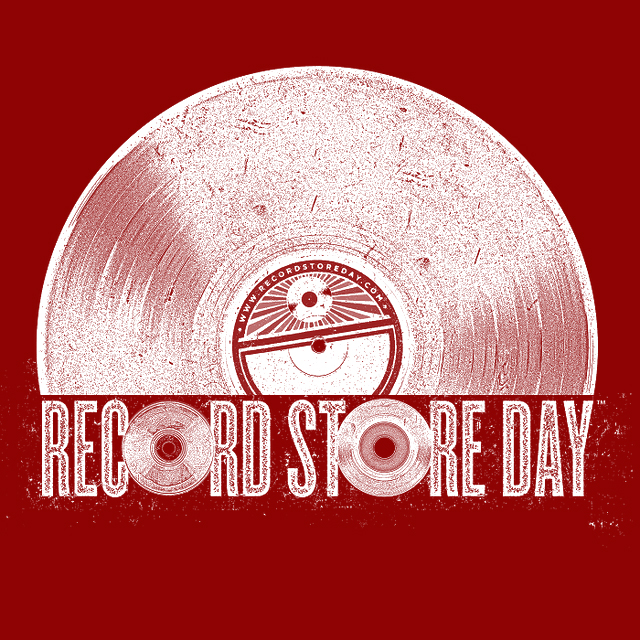








![Norah Jones - Come Away With Me: 20th Anniversary [Super Deluxe 4 LP] Norah Jones - Come Away With Me: 20th Anniversary [Super Deluxe 4 LP]](jpg/418466436690_500.jpg)
![Norah Jones - Little Broken Hearts: Reissue [Deluxe 3LP] Norah Jones - Little Broken Hearts: Reissue [Deluxe 3LP]](https://img.broadtime.com/Photo/418467242894:500)
![Norah Jones - Little Broken Hearts: Reissue [LP] Norah Jones - Little Broken Hearts: Reissue [LP]](https://img.broadtime.com/Photo/418467242888:500)
![Norah Jones - Pick Me Up Off The Floor [LP] Norah Jones - Pick Me Up Off The Floor [LP]](jpg/3809579-2563711.jpg)
![Norah Jones - Day Breaks [LP] Norah Jones - Day Breaks [LP]](jpg/3421460.jpg)
![Norah Jones - Begin Again [LP] Norah Jones - Begin Again [LP]](jpg/3904521.jpg)

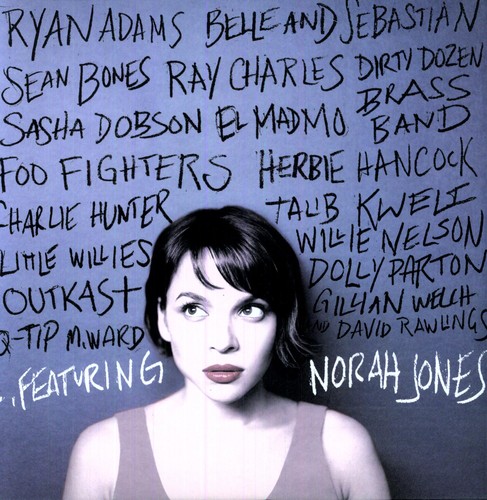
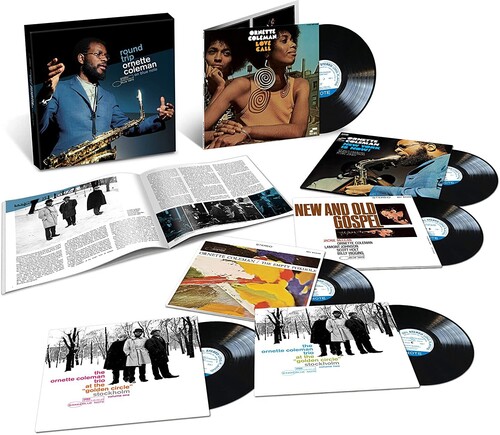
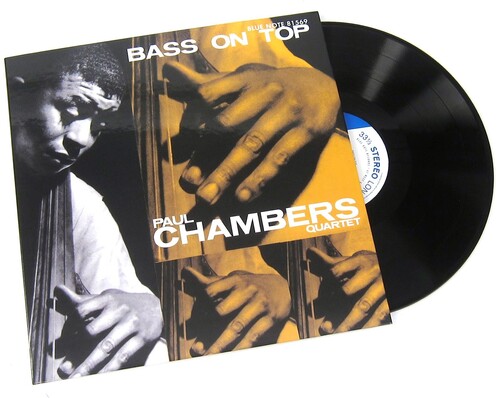
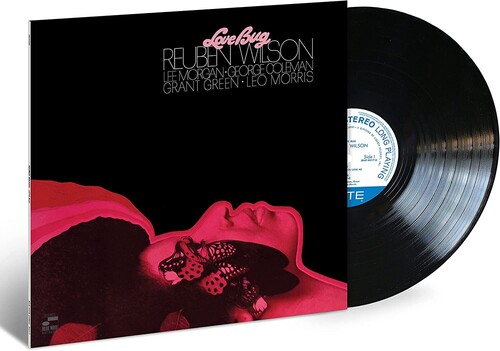

![Ronnie Foster - Two Headed Freap: Blue Note Classic Vinyl Series [LP] Ronnie Foster - Two Headed Freap: Blue Note Classic Vinyl Series [LP]](jpg/418466459464_500.jpg)
![Sam Rivers - Contours: Blue Note Tone Poet Series [LP] Sam Rivers - Contours: Blue Note Tone Poet Series [LP]](jpg/3896297.jpg)
![Sam Rivers - Fuchsia Swing Song (Blue Note Classic Vinyl) [LP] Sam Rivers - Fuchsia Swing Song (Blue Note Classic Vinyl) [LP]](jpg/418467238453_500.jpg)
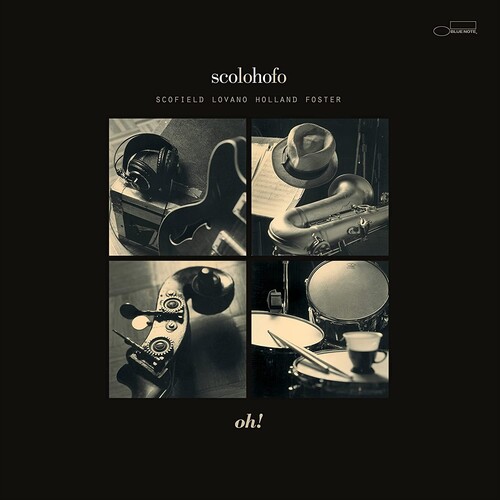
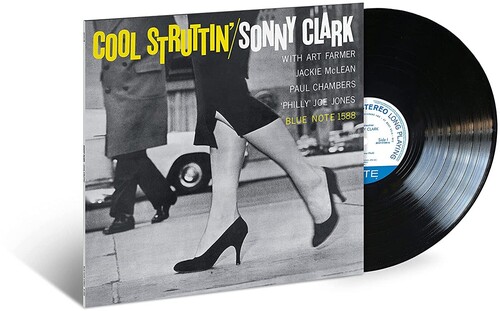
![Sonny Clark - Dial 'S' For Sonny [Blue Note Classic Series] Sonny Clark - Dial 'S' For Sonny [Blue Note Classic Series]](jpg/418466457001_500.jpg)
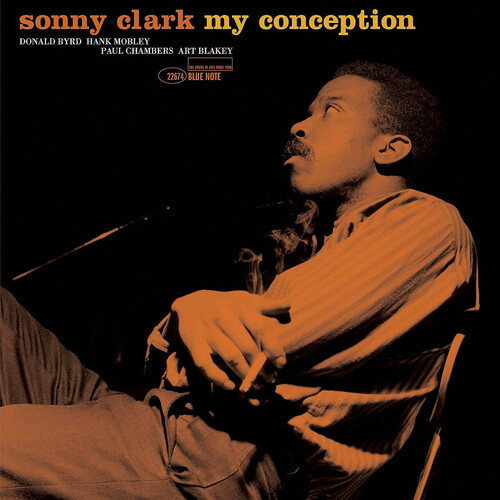
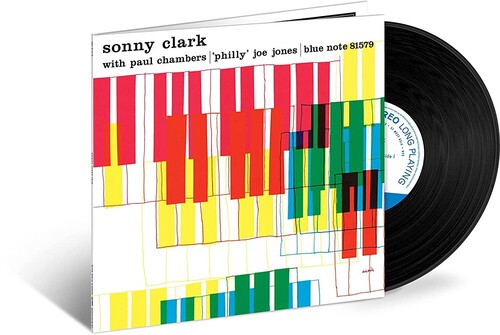
![Sonny Red - Out Of The Blue (Blue Note Tone Poet Series) [LP] Sonny Red - Out Of The Blue (Blue Note Tone Poet Series) [LP]](jpg/418466435138_500.jpg)
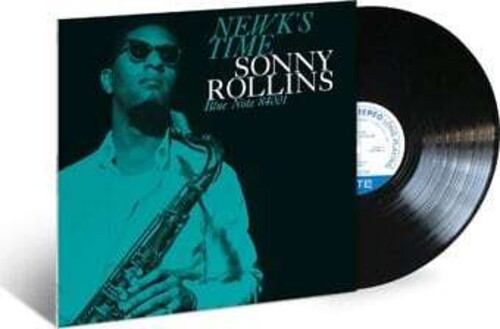
![Stanley Turrentine - Common Touch (Blue Note Classic Vinyl Series) [LP] Stanley Turrentine - Common Touch (Blue Note Classic Vinyl Series) [LP]](jpg/4130088-2911516.jpg)
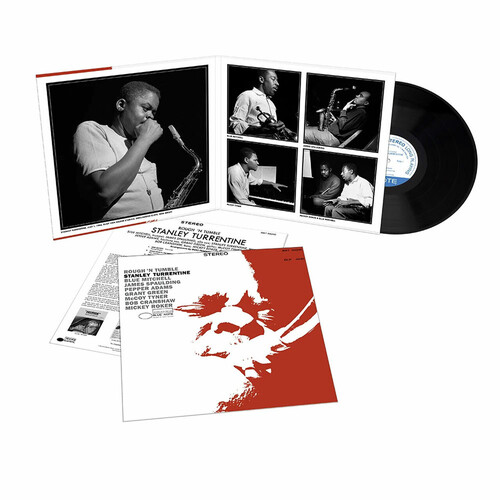
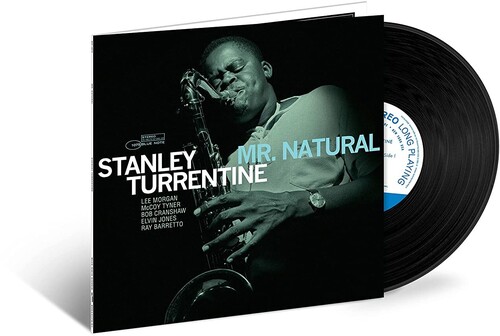
![Stanley Turrentine - That's Where It's At (Blue Note Tone Poet Series) [Limited Edition LP] Stanley Turrentine - That's Where It's At (Blue Note Tone Poet Series) [Limited Edition LP]](jpg/3838349-2805620.jpg)
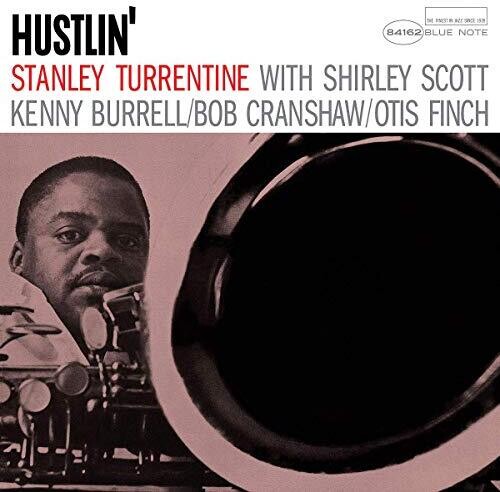
![Stanley Turrentine - Comin' Your Way [LP][Blue Note Tone Poet Series] Stanley Turrentine - Comin' Your Way [LP][Blue Note Tone Poet Series]](jpg/3768153-2539960.jpg)
![Thelonious Monk - Genius Of Modern Music, Vol. 1 (Blue Note Classic Vinyl Series)[LP] Thelonious Monk - Genius Of Modern Music, Vol. 1 (Blue Note Classic Vinyl Series)[LP]](jpg/418467226226_500.jpg)

![Tina Brooks - The Waiting Game (Blue Note Tone Poet Series) [LP] Tina Brooks - The Waiting Game (Blue Note Tone Poet Series) [LP]](jpg/3864925-2805590.jpg)
![Tina Brooks - Minor Move [180 Gram] Tina Brooks - Minor Move [180 Gram]](jpg/3728617-2505783.jpg)
![Wayne Shorter - Adam's Apple (Blue Note Classic Vinyl Series)[LP] Wayne Shorter - Adam's Apple (Blue Note Classic Vinyl Series)[LP]](jpg/418467038204_500.jpg)
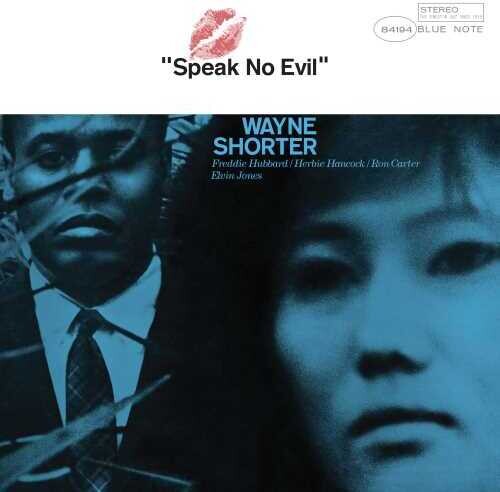
![Wayne Shorter - The All Seeing Eye (Blue Note Tone Poet Series) [LP] Wayne Shorter - The All Seeing Eye (Blue Note Tone Poet Series) [LP]](jpg/418465992295_500.jpg)
